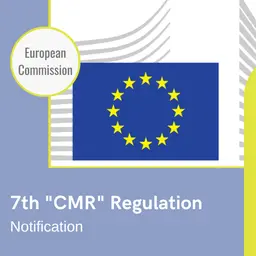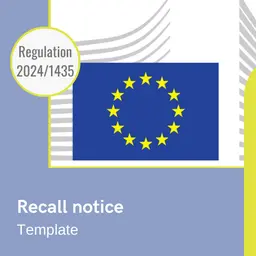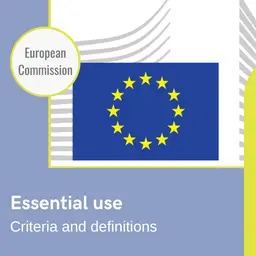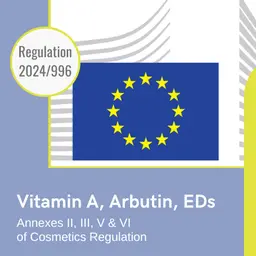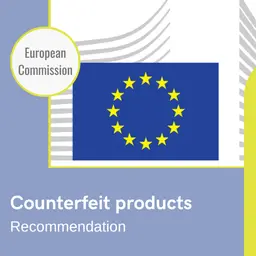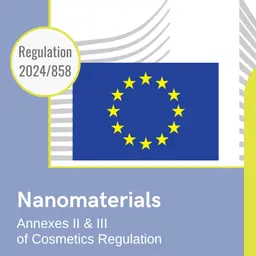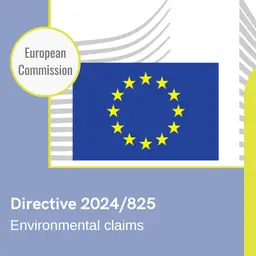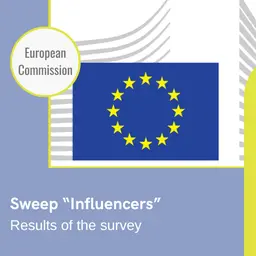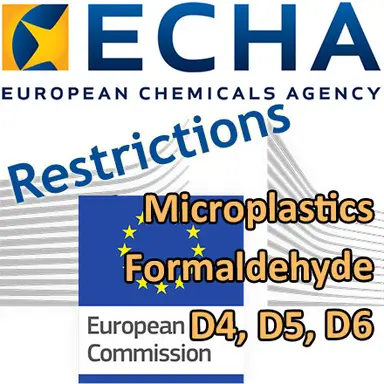
On 30 January 2019, ECHA (European Chemicals Agency) published three proposals for restrictions on substances used in cosmetics. They concern microplastics, formaldehyde and formaldehyde-releasing agents, as well as siloxanes D4, D5 and D6. The European Commission should now present within three months draft restrictions for these substances under the REACH Regulation.
Microplastics
ECHA has assessed the health and environmental risks posed by intentionally added microplastics, and has concluded that an EU-wide restriction would be justified. If adopted, the restriction could result in a reduction in emissions of microplastics of about 400 thousand tonnes over 20 years.
ECHA’s assessment found that intentionally added microplastics are most likely to accumulate in terrestrial environments. A much smaller proportion of these microplastics is released directly to the aquatic environment.
The persistence and the potential for adverse effects or bioaccumulation of microplastics is a cause for concern. Once released, they can be extremely persistent in the environment, lasting thousands of years, and practically impossible to remove. Currently it is not possible to determine the impact of such long-term exposure on the environment.
According to ECHA, the use of microplastics in products that result in release to the environment are not adequately controlled.
ECHA’s proposed restriction targets intentionally added microplastics in products from which they will inevitably be released to the environment. The scope covers a wide range of uses in consumer and professional products in multiple sectors, including cosmetic products.
ECHA proposes that polymers within the meaning of Article 3(5) of Regulation (EC) No.1907/2006) shall not …



